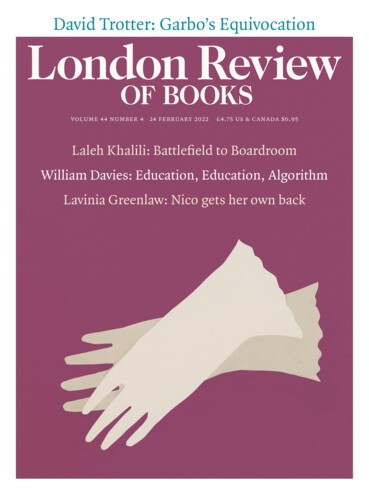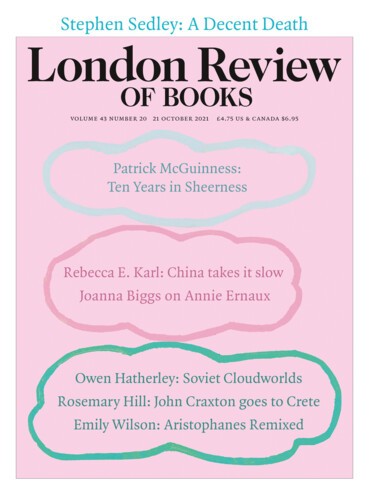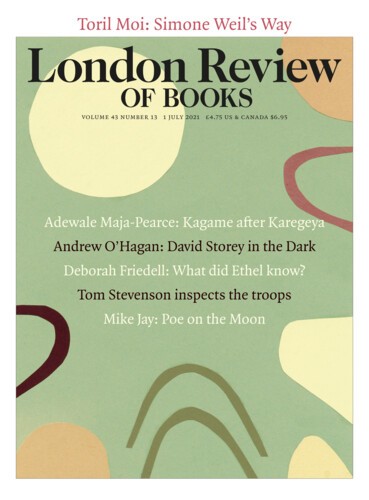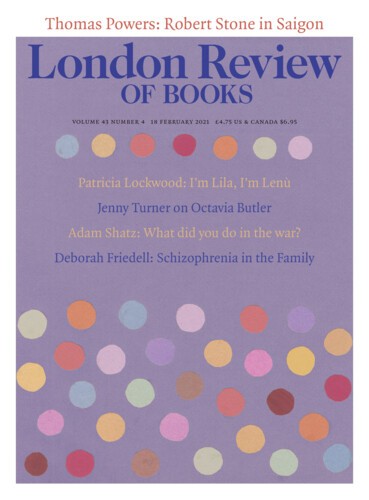A Piece of Pizza and a Beer: Who was Jane Roe?
Deborah Friedell, 23 June 2022
The lawyers who tried to uphold the Texas statutes – ostensibly representing the Dallas district attorney, Henry Wade – argued that whoever Roe really was, she didn’t have sufficient ‘standing’ to bring her case to the Supreme Court. The plaintiff had to be someone who would be harmed if the law wasn’t overturned. Given the ‘normal 266-day human gestation period’, and the fact that it had taken more than a year for Roe v. Wade to reach the court, Roe must already have delivered a child, or miscarried, or found a way to have an abortion after all. The court batted this challenge away. ‘Pregnancy often comes more than once to the same woman,’ the majority decided. ‘If man is to survive, it will always be with us.’ Otherwise, Roe hardly appears in the judicial opinion that granted Americans the right to abortion ‘free of interference by the state’. Her anonymity, her everywomanishness, suited the court fine: Roe was just a stand-in. But Norma McCorvey – who would later say that she’d agreed to become Jane Roe in exchange ‘for a piece of pizza and a beer’ – never saw it that way.





